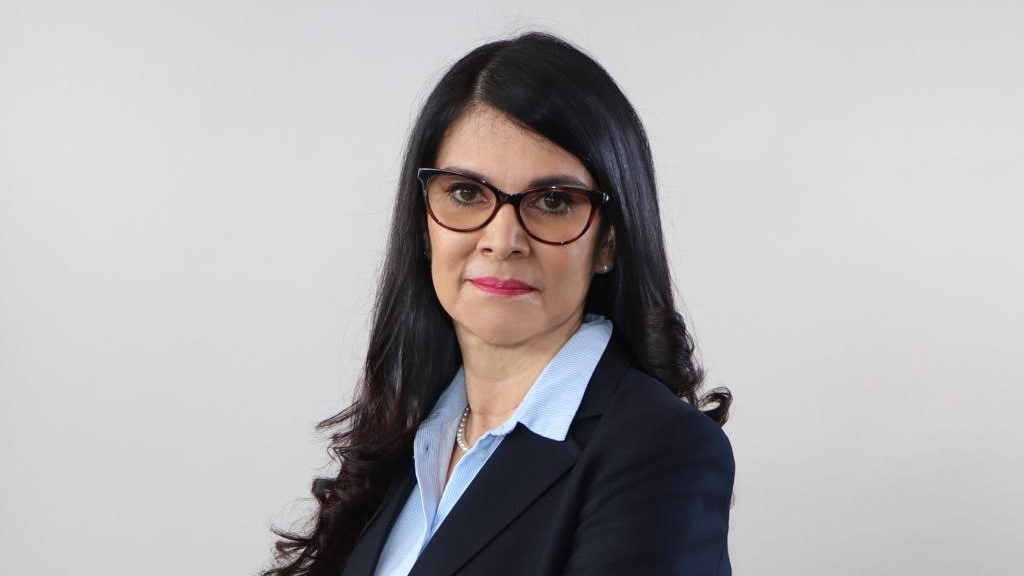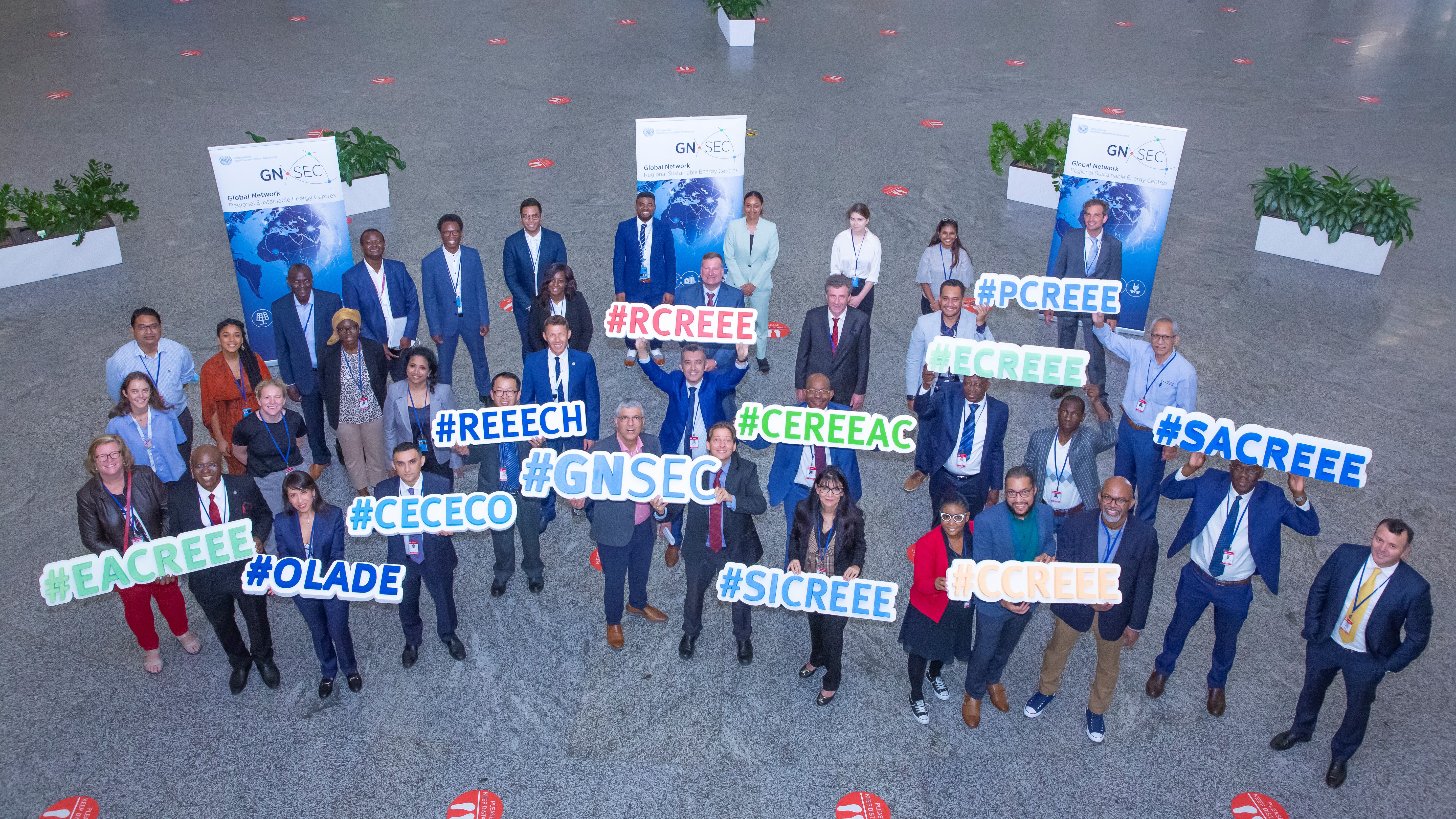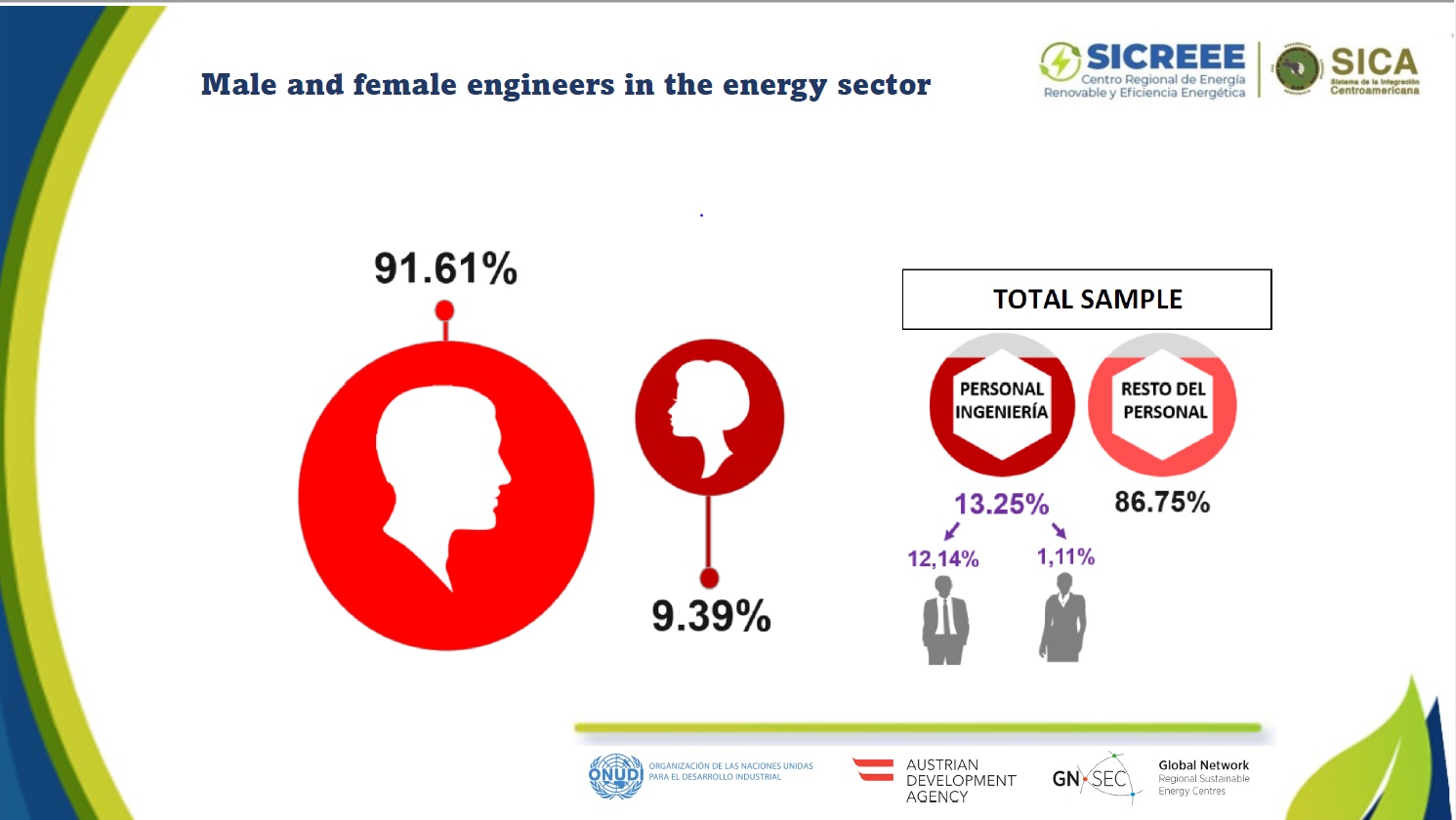

Levelling the field for gender equality in the energy sector
31 March 2023 Interview with Alexandra Arias

The full interview with Alexandra Arias was first published in Spanish on 8 March 2023 on the SICREEE website
In the landscape of global issues requiring strong leadership and a skilled workforce, few areas are as critical as the transition to a sustainable energy system. Gender diversity drives innovation, opens new pathways for technology deployment, brings valuable perspectives to social and economic development and provides a richer pool of talent for key and emerging industries. However, as in many parts of the world, the energy sector in Central America continues to be male-dominated.
“Only 21 percent of the total number of employees [in Central America’s energy sector] are women and these figures decrease substantially as one moves into management and technical areas,” explains Alexandra Arias, one of Costa Rica’s few women industrial engineers.
Alexandra believes that the lack of career advancement is the main challenge women face in the energy sector in Latin American and Caribbean countries. To achieve gender balance, the creation of more opportunities by all actors in the energy sector is needed. More effort is required to overcome the current “mentality, structure and culture” which remain as the main obstacle to have more women engaged in the sector, especially at the managerial levels and in technical areas, she underlines.
Alexandra asserts that if society wants to ensure a more sustainable energy sector, it is necessary to include more female values and make women more visible. “The transition to clean energy requires the adoption of innovative solutions and business models, and women's participation will make a big difference”.

Alexandra is the engine behind several initiatives that help women and girls to bridge the energy gender gap. Knowing that gender equality cannot be reached without gender data, she helped to initiate one of the first gender-disaggregated studies in the region. Out of the 21,000 employees of the 23 Central American energy companies surveyed, only 21 percent of the total number of employees are women and these figures decrease substantially as one moves into management and technical areas. Women represent only 9.39 percent of the people working in the engineering sector, which is equivalent to 1.1 percent of the total workforce.

In August 2022, Alexandra became the first woman to head the SICA Regional Center for Renewable Energy and Energy Efficiency (SICREEE), one of the nine operating centers of the Global Network of Regional Sustainable Energy Centres (GN-SEC) coordinated by the United Nations Industrial Development Organization (UNIDO) in partnership with the regional economic communities and with funding from the Austrian Development Agency.
GN-SEC, the UNIDO platform that covers most of the Least Developed Countries and Small Island Developing States, established a women empowerment network to drive the promotion of joint learning, awareness raising, technical cooperation among developing countries in the Global South and triangular cooperation to enhance the effectiveness of such partnerships through synergies.
In cooperation with the Global Women’s Network for the Energy Transition (GWNET), GN-SEC recently launched an online course and a mentoring programme with the aim of further building participants’ knowledge and providing them with tools to advocate for the empowerment of women and youth in sustainable energy more effectively.
By taking a deep dive into issues like women in sustainable energy and how to involve men to drive change, participating women and men will be equipped to be agents of change in their local communities. Senior mentors will help their mentees advance their professional knowledge and career in the energy field.